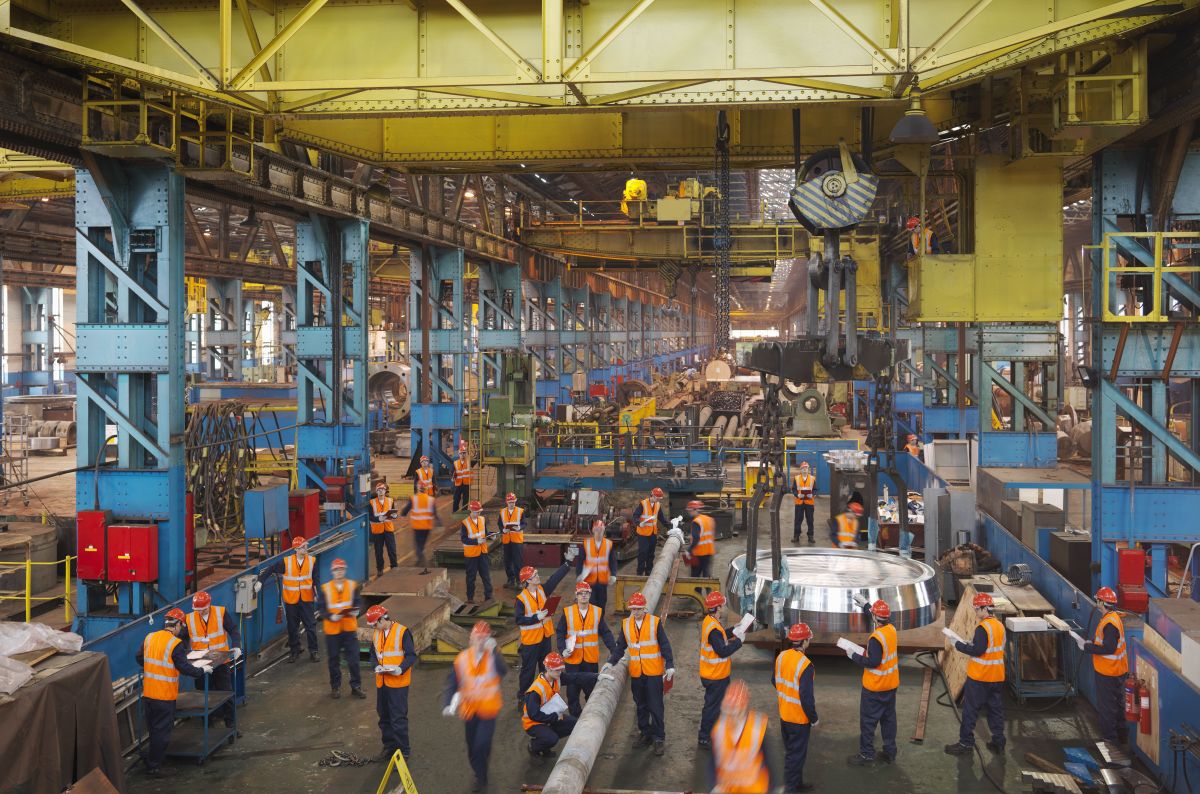
MEPs back anti-dumping measures, protecting EU jobs and industry
The reform breaks new ground by introducing social and environmental criteria in trade remedies – an international first.
Only a few months ago this outcome was far from certain. When China joined the WTO in December 2001, other WTO members such as the EU were allowed to apply a special treatment to dumped Chinese import for a duration of 15 years. Neither the European Commission nor the governments of EU member states could have known what would come in the 15 years.
Trade remedies – or trade defence instruments as they are known in the EU – are corrective tariffs that can be applied to products coming in, when it’s been demonstrated that these products are dumped or have been subsidised, hence distorting competition.
This is foreseen by WTO rules under certain conditions – crucially that countries should treat all WTO members with the same rules.
The European Commission – as the body responsible for trade policy in the EU – had developed trade defence rules providing for a differentiated treatment between “market economies” and “non-market economies” such as China.
This approach was legal during China’s first 15 years in the WTO but became obsolete in December 2016. When the deadline passed, China immediately launched a complaint at the WTO against the EU to demand to be treated in the same way as other WTO members.
The EU has therefore been under a lot of pressure to abandon its system and stop differentiating between market and non-market economies. But how could this be done without weakening trade defences in place against Chinese dumping?
The consequences could be devastating across all industries, in particular for sectors such steel or ceramics where China has massive over-capacities and is able to flood the EU market with heavily discounted exports, against which EU producers cannot compete.
The solution found by the EU is to stop singling out counties like China and instead introduce a differentiated treatment only when significant distortions are found to exist. This is compatible with WTO rules because the new system could in theory apply to all WTO members, not just China.
But the Commission proposal raised concerns from workers and producers that the new system would not be as efficient as the one it was set to replace. The definition of what constitutes a “significant distortion” needs to cover all the criteria that qualified China as a non-market economy.
There were also fears that the new system would reverse the burden of proof onto EU producers suffering from dumping. In the old system, it was up to China to demonstrate that certain sectors or companies complied with normal market conditions and should therefore be exempted from the more stringent “non-market economy” treatment.
Under the new system, it is up to the EU to demonstrate that significant distortions exist and therefore the special treatment can be applied.
Negotiators from the European Parliament managed to tackle these concerns in the negotiations with the Commission and representatives of EU member states. The definition of “significant distortions” will not be more restrictive than that of “non-market economies”.
And the Commission – not producers – will undertake the responsibility for documenting such significant distortions, in a report prepared in cooperation with EU producers.
In addition, social and environmental criteria have been included to compute anti-dumping tariffs for the first time ever in any trade defence system in the world.
This reform was not designed to address the broader shortfalls of the EU trade defence system, which is in urgent need of an overhaul. For instance, the EU continues to apply the ‘lesser duty rules’ that limits anti-dumping tariffs below what is permitted by the WTO.
And trade unions are still unable to launch an investigation into alleged dumping. These issues and many others are dealt with in a separate reform, which was blocked for years by the Tory government but have regained new momentum in recent months and could be concluded shortly.
But while we are still waiting for a broader reform of EU trade defences, we can only rejoice that a catastrophe was averted and that we will not weaken our stance against China. In the reform to come, we can also build from the breakthrough that was just achieved on social and economic criteria, as a first step towards an effective recognition of social and environmental dumping.
Until the UK exits the EU, or potentially until the end of an unspecified transition period, EU rules will continue to apply to the UK. After that, there is a high risk that British industries will be more exposed to unfair global competition because the Tory government has never been favourable to strong trade defences.
That’s why we need to make the case for trade defences now. The EU’s actions on China can act as a useful example of what can be achieved.
Image: Monty Rakusen
Stay Updated
Want to hear about our latest news and blogs?
Sign up now to get it straight to your inbox
